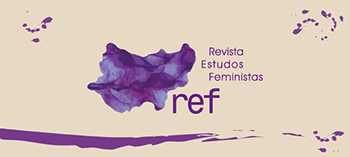Abstract:
The article deals with the theme of free love and sexual liberation as contemplated by libertarian anarchism in the nineteen twenties and thirties. A revealing debate took place in the Spanish magazine Estudios, under the leadership of the Brazilian writer Maria Lacerda de Moura. She condemned the camaraderie amoureuse proposed by Émile Armand, and defended the more fraternal than sensual ‘plural love’, following Han Ryner’s neo-stoicism. The common cause was the struggle against indissoluble marriage, the reason for possession, sexual exclusiveness, jealousy, male domination, and the enslavement of women. The demand for monogamy was considered damaging to the individual, constrained in the natural right to pleasure and the free expansion of desire. The idea of free love and sexual liberation pointed to a new loving sensitivity and to new ethical agreements. The general challenge was to combine the biological nature of sex with the continuous displacements of desire.
Key words:
Free love; Sexual liberation; Libertarian anarchism; Feminism
